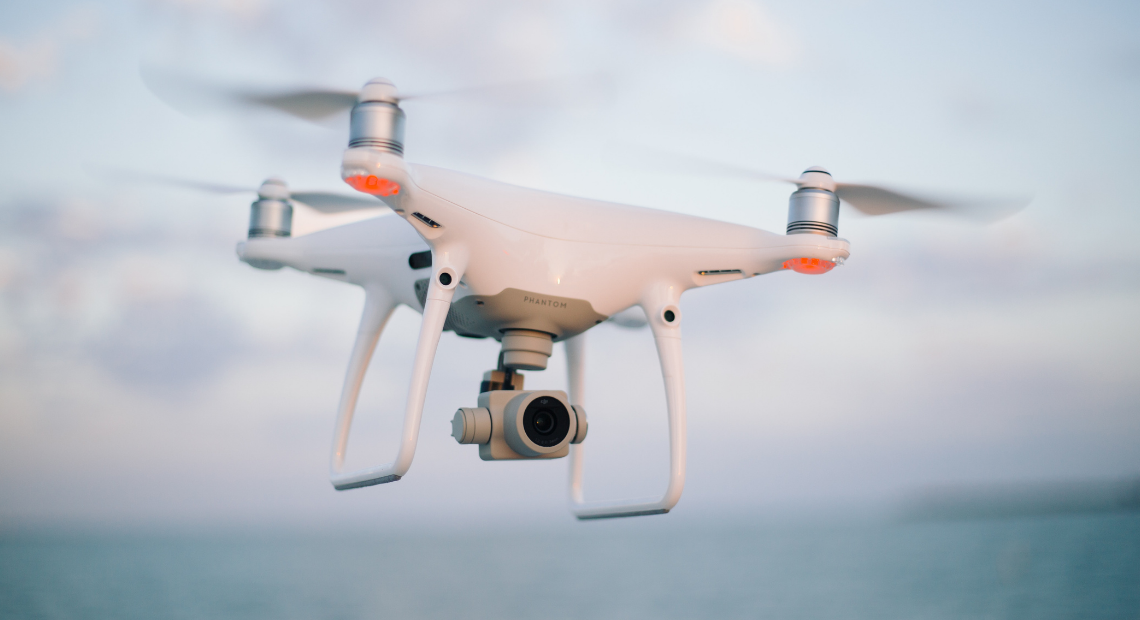Technological advances and social awareness towards more sustainable mobility and new features of the small vehicles have allowed proliferation of new mobility devices, such as drones, e-scooters, etc. A global market share of $25 billion is expected in less than 2 years for this type of devices. Despite advances in batteries in recent decades, progress in these energy sources is slowing down, while the needs of electrical devices continue to rise. The autonomy and recharge time of these electrical devices is a limiting factor (autonomy of a drone 40 min for 3h of charge). The weight of the batteries also discards the option of transporting spare batteries. Moreover, society is becoming increasingly aware of the enormous problem posed by the waste generated by batteries and their complexity to be recycled. Therefore, device manufacturers, researchers and governments are making a great effort to study alternatives for lithium batteries.
HYFLHi project proposes a 3D printed ceramic fuel cell (SOFC) based power unit, developed on the former RETOS project 3DMADE, as alternative to traditional batteries. These fuel cells have greater autonomy and lower weight than batteries, in addition they recharge immediately in few seconds. 3D printing fabrication allows generation of integrated monolithic devices that holds great compactness, mechanical resistance and thermal shock, making them, unlike classic SOFCs, suitable for portable applications. Furthermore, 3D printing manufacturing allows to adapt its power and shape to desired application.
The proof of concept has already been accomplished at lab level (TRL4) during the 3DMADE project. The main outcome of HYFLHi project will be a final prototype to introduce the technology to potential collaborators and customers (TRL7). Beyond the technical aspects, we will focus on the validation of the technology as technological proof of concept, mainly led by the Universidad de la Laguna with the subproject HYFLHi-PoC and the integration with the real technology together with the development of the business plan and its entry into the market led by IREC with the subproject HYFLHi-KTT.
The project started this December 2021, will run for 2 years, and is led by Marc Torrell, from the Nanoionics and Fuel Cells group at IREC, with researchers from the University of La Laguna as partners.
Acknowledgements (in Spanish)
El proyecto HyFLHi (PDC2021-121131-C21) está financiado por MCIN/AEI/10.13039/501100011033 y por la Unión Europea “NextGenerationEU”/PRTR.




